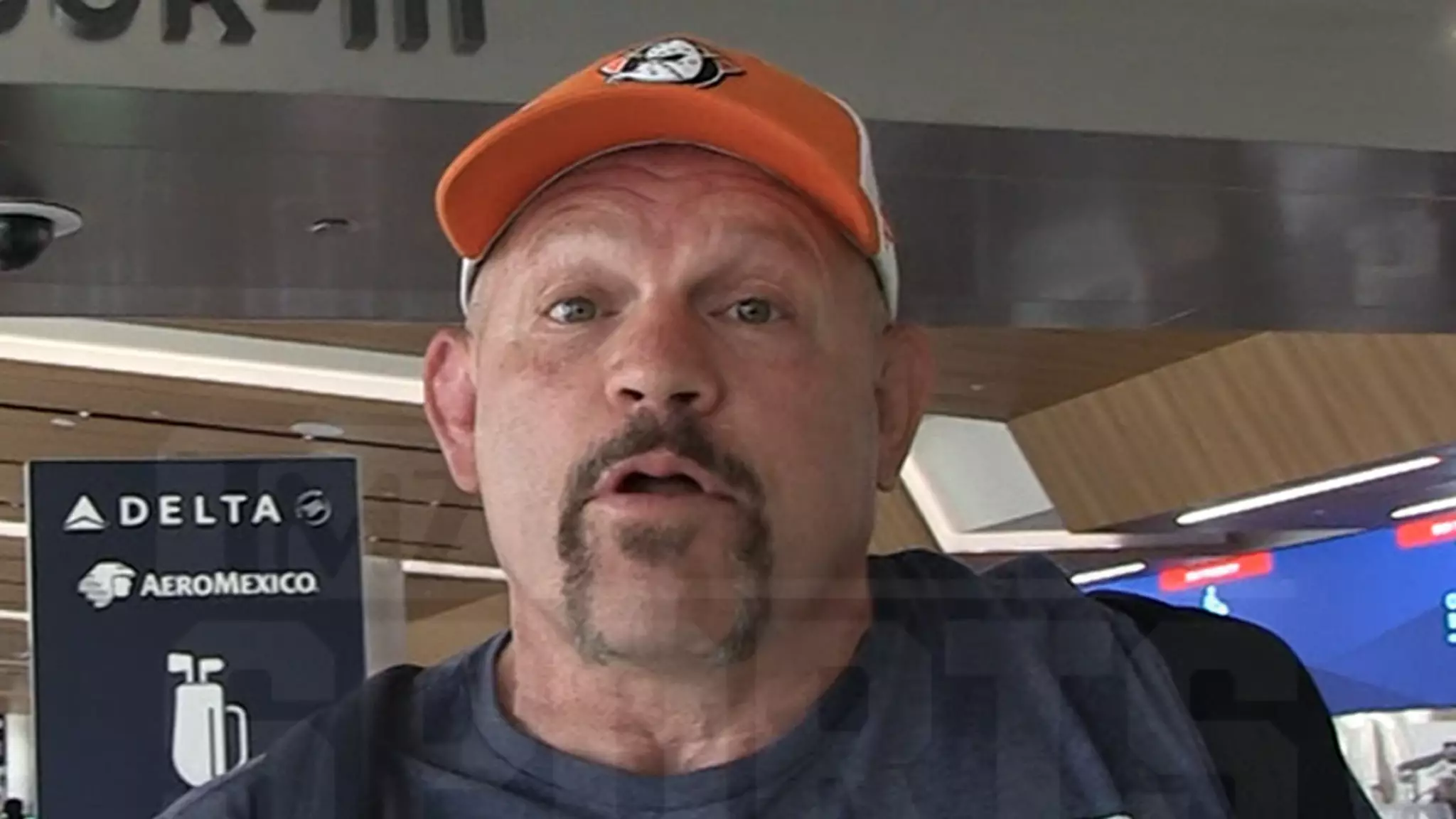In a surprising twist, UFC superstar Conor McGregor has shown an interest in running for the presidency of Ireland. As one of the most recognizable figures in sports globally, McGregor’s transition from the octagon to politics raises essential questions about the relationship between celebrity, influence, and governance. His charisma and historical achievements in mixed martial arts suggest he could capture a significant portion of the Irish population’s support. But the real questions lie beneath the surface: does fame adequately translate to political capability?
Former UFC champion Chuck Liddell weighed in on McGregor’s presidential aspirations during a recent encounter. He acknowledged McGregor’s commendable qualities, labeling him a “fighter” and “champion.” Liddell underscored the importance of leadership ability in a successful political candidate. Yet, his comments also serve as a reminder that being a champion in sports does not inherently qualify someone to lead a country. Leadership requires distinct skills, knowledge of political issues, and the ability to govern effectively, which may not be part of McGregor’s existing skill set.
Liddell pointedly noted, “*Just because I’m a good fighter doesn’t mean I can go run my buddy’s company*,” capturing the essence of disconnect between sporting accomplishments and political efficacy. Notably, while charisma and a compelling narrative can attract public support, they do not replace the political experience or understanding necessary for such a role. It highlights the complex nature of political leadership, wherein popularity cannot substitute for competence.
McGregor’s global popularity surely sets a foundation for a potential political career. His persona and following could lead to a significant voter base. However, one must consider that popularity alone can often be a double-edged sword in politics. While a candidate may attract initial allure through their celebrity status, voters tend to gravitate towards candidates who express a clear vision and concrete plans for governance.
Past experiences of athletes entering politics, such as Tito Ortiz, who held a brief political role, suggest that the transition requires more than just recognition. Ortiz’s attempts provided entertainment but did not culminate in substantial political achievements, ringing alarm bells for ambitious figures like McGregor. The parallel raises a crucial point: can McGregor leverage his influence into genuine support for policy changes, or will he merely be another figure whose journey into politics fades without impact?
As sports figures increasingly venture into the political realm, the case of Conor McGregor signifies both the potential and pitfalls of this path. His presidential aspirations ignite conversations about the intersection of sports and politics, illustrating that while sports can provide a platform for leadership, the realities of governance demand a depth that goes beyond the ring. For the Irish electorate, the question remains: can McGregor transform his drive and popularity into effective leadership, or will he simply become another celebrity attempting to make a name in politics without substantive backing? As we observe these developments, the outcomes will undoubtedly shape the future landscape for athletes looking to enter the political arena.

